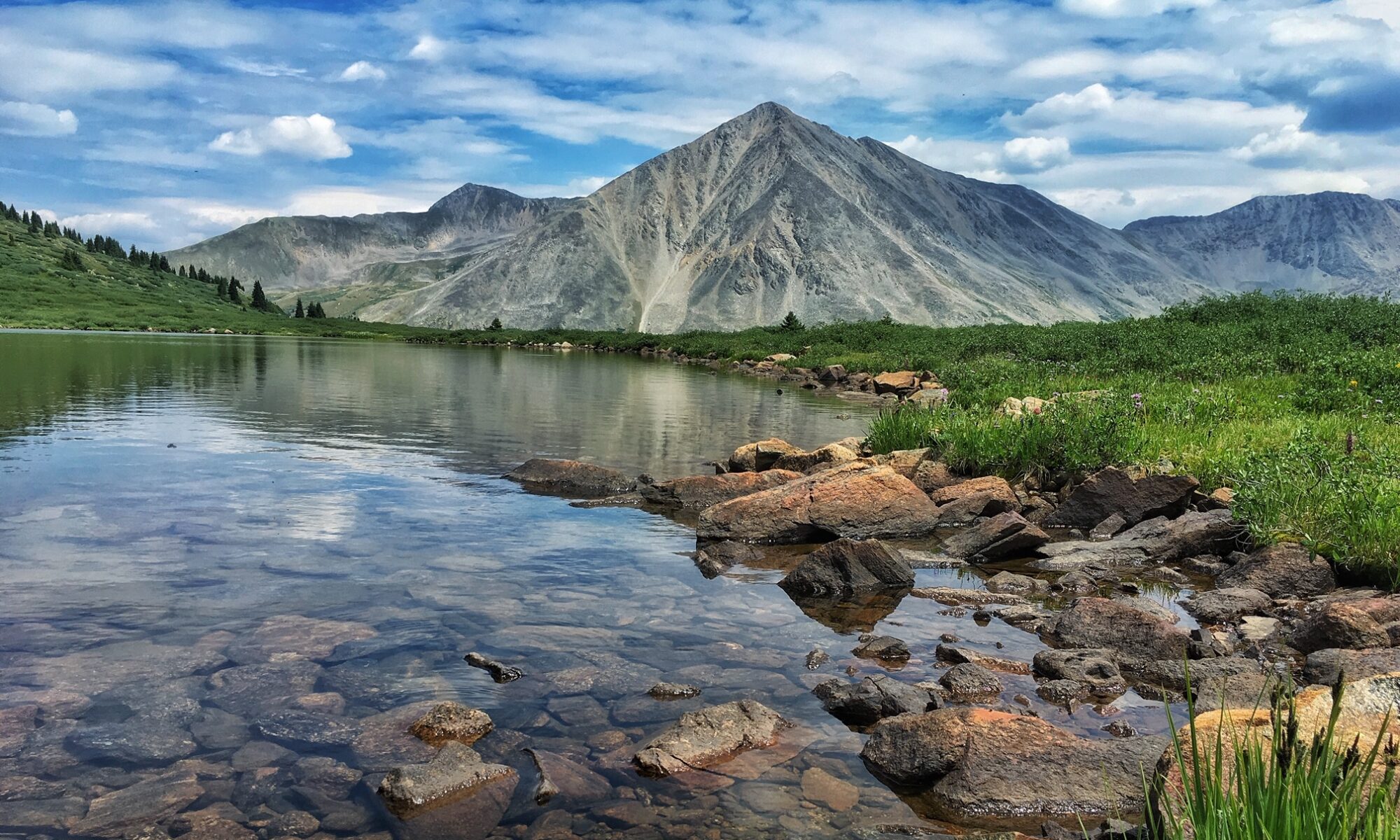Cormac McCarthy’s novel, The Road, tells the poignant tale of a father and son traveling through the ravaged landscape of America. The novel does not fill in back story. Yet the gray snow and ever-present ash suggests the aftermath of nuclear war. The novel ends with these haunting words:
-
Once there were brook trout in the streams in the mountains. You could see them standing in the amber current where the white edges of their fins wimpled softly in the flow. . . . On their backs were vermiculate patterns that were maps of the world in its becoming. Maps and mazes. Of a thing which could not be put back. Not be made right again. In the deep glens where they lived all things were older than man and they hummed of mystery.
While this grim conclusion unsettles any reader, it particularly troubles fly fishers.
Imagine there are no longer brook trout in mountain streams!
These days, our greatest threat to trout and the waters they inhabit may not be nuclear war. Rather, it’s likely a hundred smaller threats belonging to categories like invasive species, disease, pesticides, predators, mishandling (by anglers), and development. As another year ends, we might ponder what we, as fly fishers, can do to protect the future of fly fishing.
Here are four small practices that can make a big difference:
1. Pack out trash
There’s simply no excuse for littering the banks of a river with beverage cans or candy wrappers. Yet I frequently find these items along the rivers or streams I fly fish. My sense is that most fly fishers are eco-friendly; yet there are always a few bad apples in the bunch. Blessed are those fly fishers who not only pack out their own trash but do the same with the garbage others leave behind.
2. Handle fish carefully
This amounts to a bunch of small but significant habits:
-
Land fish as quickly as possible
Use a net. If you want a photo
Keep your hands wet
Don’t squeeze the fish too hard
Stop fishing if the water temperature exceeds 68 degrees (or even well before).
I keep a thermometer in my fly fishing vest for the last habit.
3. Don’t spread aquatic invasive species
No one does this intentionally. At least I hope not. But we can unwittingly spread invasive species if we fail to clean waders, boots, and drift boats after use. So get the mud off! Rinse your boots and waders. Let gear dry. Switch from felt soles to rubber soles with some kind of metal studs or traction bars. All of this is especially critical when you’re moving from one river to another.
4. Donate to conservation efforts
Your local Trout Unlimited (TU) chapter is a great place to start. I’m also partial to The Missing Salmon Project of The Atlantic Salmon Trust. You can also donate your time as well as your money. Your local TU chapter may sponsor some cleanup days on a local river or some kind of restoration project.
We need a few thousand fly fishers pursuing these small practices. Then, hopefully, we will never have to utter words like “once there were brook trout in the streams in the mountains.”


